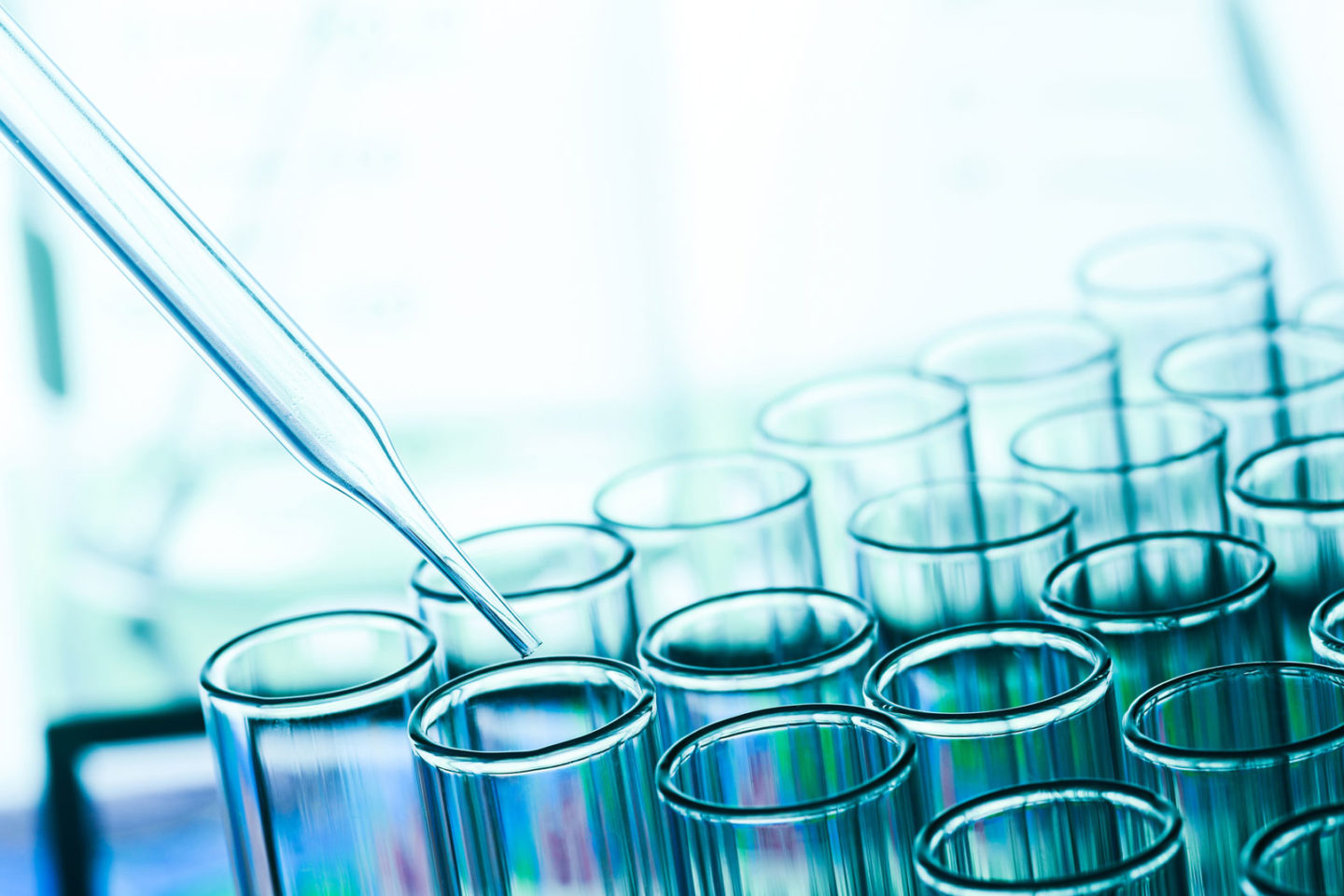Lose weight effectively: Without stress through long-term dietary changes On average, we spend six years of our lives on diets [...]

Metabolic analysis – losing weight in harmony with the metabolism?
If you want to lose weight, you should stimulate your metabolism. What sounds easy in theory is sometimes not so easy to put into practice. Find out here how a metabolism analysis can help you.
How does the analysis work?
The metabolism analysis uses a blood or saliva sample and body-related data (e.g. weight, physical activity, eating habits) to investigate how your metabolism works. The results provide information about your burning fat. You will find out which metabolic type you belong to. A diet adapted to the metabolic type can then improve your fat burning and general health.
- Protein type
- Carbohydrate type
- Mix type
This classification is called metabolic typing.
Lose weight with the help of metabolism analysis
With the help of the metabolic analysis, your personal needs of carbohydrates, proteins, fats, vitamins, minerals and micro-nutrients are calculated. On this basis an adapted nutrition plan is provided. The plan is to keep a certain ratio of proteins, carbohydrates and fats while eating.
This diet plan is designed to help you lose weight healthily in sync with your metabolism. In addition, the individual diet change should have a lasting positive effect on your general well-being – because your body now gets exactly the nutritional composition it needs.
How does a metabolism analysis work?
Metabolism analysis is carried out by nutrition institutes or alternative medical practices. A blood or saliva sample is taken and subsequently analysed. The sampling complements a personal interview. With some providers you can send the saliva sample also by post. You will then be informed of the results of the analysis by letter or e-mail.
If only a catalogue of questions is used and no samples are taken, this is referred to as a metabolic test. You can also perform this test online. However, because he only works with a self-assessment, inaccurate results are more common.

Does losing weight with the help of metabolism really work?
What is certain is that everyone can stimulate their metabolism with a balanced diet and a healthy lifestyle. In order to maintain all bodily functions, your body finally consumes energy. The body gets that from the nutrients we take in with our food. A balanced and individual nutrition, which provides you with the appropriate dose of all important nutrients and minerals, can therefore be an important building block for a well and efficiently working metabolism.
The metabolism analysis also provides information about your so-called basal metabolic rate. This is the amount of energy your body needs to maintain its life-supporting systems, i.e. your calorie consumption at rest. If you now increase your body’s energy requirements – for example through exercise and muscle building – without consuming a correspondingly higher amount of energy through food, you create a calorie deficit. Your body then falls back on stored reserves during the metabolic processes – and you reduce body fat.
Metabolism: At the beginning is the intestine
If you want to lose weight with a healthy and metabolism-stimulating diet, it is worth paying a little attention to your intestinal flora as well: Because the composition of your intestinal flora and how the individual intestinal bacteria work plays an important role for an efficient metabolism. After all, your intestinal bacteria decompose the food into its components and enable your body to absorb vitamins, enzymes, fatty acids and amino acids. A healthy, balanced and species-rich intestinal flora can thus effectively support your metabolism and make it easier for you to lose weight.
Some intestinal bacteria absorb more energy from the food they eat than others. Firmicutes bacteria, for example, are particularly good at digesting certain food components and thus provide your body with up to 10 percent more energy from food. Other bacterial strains such as Bacteroidetes or Lactobacillus have a positive effect on your metabolism and help you lose weight. With a diet tailored to the intestinal flora, you can increase these bacteria in a targeted way.
Conclusion:
An active metabolism may be important for your success. The metabolism analysis can help you to adjust your diet to your individual metabolism and thus help you to lose weight. However, also pay attention to your intestinal bacteria – because losing weight is even easier in a team with your little helpers in the intestines.
- Sources:
- Turnbaugh PJ, Ley RE, Mahowald MA, Magrini V, Mardis ER, Gordon JI. (2006) An obesity-associated gut microbiome with increased capacity for energy harvest. Nature. 21;444(7122):1027-31. doi: 10.1038/nature05414
- Stoffwechsel-Diäten | Verbraucherzentrale.de
- L. M. Delahanty et. al., (2012) Genetic predictors of weight loss and weight regain after intensive lifestyle modification, metformin treatment, or standard care in the Diabetes Prevention Program, Diabetes Care, Bd. 35, Nr. 2, S. 363–366, , doi: 10.2337/dc11-1328.
- Ordovas, J. M., Ferguson, L. R., Tai, E. S., & Mathers, J. C. (2018). Personalised nutrition and health. BMJ (Clinical research ed.), 361, bmj.k2173. https://doi.org/10.1136/bmj.k2173
- Ramos-Lopez, O., et. Al. (2017). Guide for Current Nutrigenetic, Nutrigenomic, and Nutriepigenetic Approaches for Precision Nutrition Involving the Prevention and Management of Chronic Diseases Associated with Obesity. Journal of nutrigenetics and nutrigenomics, 10(1-2), 43–62. 10.1159/000477729
- Drabsch T., et. al. (2018) Associations between Single Nucleotide Polymorphisms and Total Energy, Carbohydrate, and Fat Intakes: A Systematic Review, Advances in Nutrition, Volume 9, Issue 4, Pages 425–453, https://doi.org/10.1093/advances/nmy024




